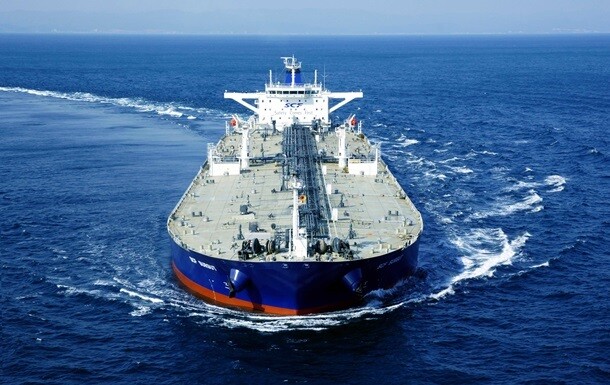Despite the imposition of Western sanctions, Russia's monthly income from oil exports is now higher than it was before its invasion of Ukraine in February 2022, underscoring the failure to curb Moscow's ability to fund its war effort, as reported by Bloomberg.
Russia's net oil revenues of $11.3 billion in October accounted for 31% of the nation's overall net budget revenue for the month - the highest level since May 2022. October's oil profits also exceeded any single month in the year prior to the invasion, which initially caused major volatility in Russia's exports.
The European Union banned most Russian oil imports as part of sanctions agreed last December. But the $60 per barrel price cap for seaborne Russian oil trades put in place alongside import restrictions has enabled a shadow fleet of difficult-to-trace tankers and traders to continue exporting, Bloomberg found.
As much as $11 billion per year of Russia's oil export profits are lost between origin and destination, suggesting funds that could be flowing back to the Kremlin to finance its assault on Ukraine, trade data shows.
"The shadow fleet and alternatives to Western maritime insurance are not new," said Columbia University sanctions expert Eddie Fishman. “Absent concerted action to make it costlier to use these substandard alternatives to Western services, they will grow and become a structural feature of the world oil trade.
"
Despite signs the West aims to close loopholes, Greek authorities say they're powerless to stop clandestine shipping activities just off the nation's coasts by tankers sailing under flags deemed "very high risk."
Greece-owned vessels carried a fifth of Russia's oil this year. The country lobbied to enable its fleet to keep trading with Russia without breaking EU rules.
The clandestine oil fleet poses a “grave concern” for environmental safety, the UN's International Maritime Organization said, calling for a global crackdown.
Russia’s monthly net oil revenues almost doubled between April and October, reaching pre-invasion levels in October, per Bloomberg calculations. Domestic and shadow fleets moved over 70% of oil cargo in the first nine months of 2023.
Prior to the invasion, oil giants like Vitol and Trafigura handled 40% of Russian crude. Now smaller, obscure firms with links to Russia have taken their place, data shows.
Tracking Russia's oil tankers spans the globe, from the Marshall Islands to London. All lead to dead ends, highlighting the sanctions evasion challenge.
On 1 December, the US Treasury Department’s Office of Foreign Assets Control (OFAC) implemented new sanctions against three companies from various countries and three vessels engaged in operations to sell Russian oil above the established price caps.
Read also:
- Ukraine Support Tracker: aid for Ukraine hits lowest level since January 2022
- Majority of Russian billionaires see wealth increase in 2023, Bloomberg index shows
- UK accuses Russia’s FSB of years-long cyber attacks
- G7 to impose sanctions on Russian diamonds by early 2024




